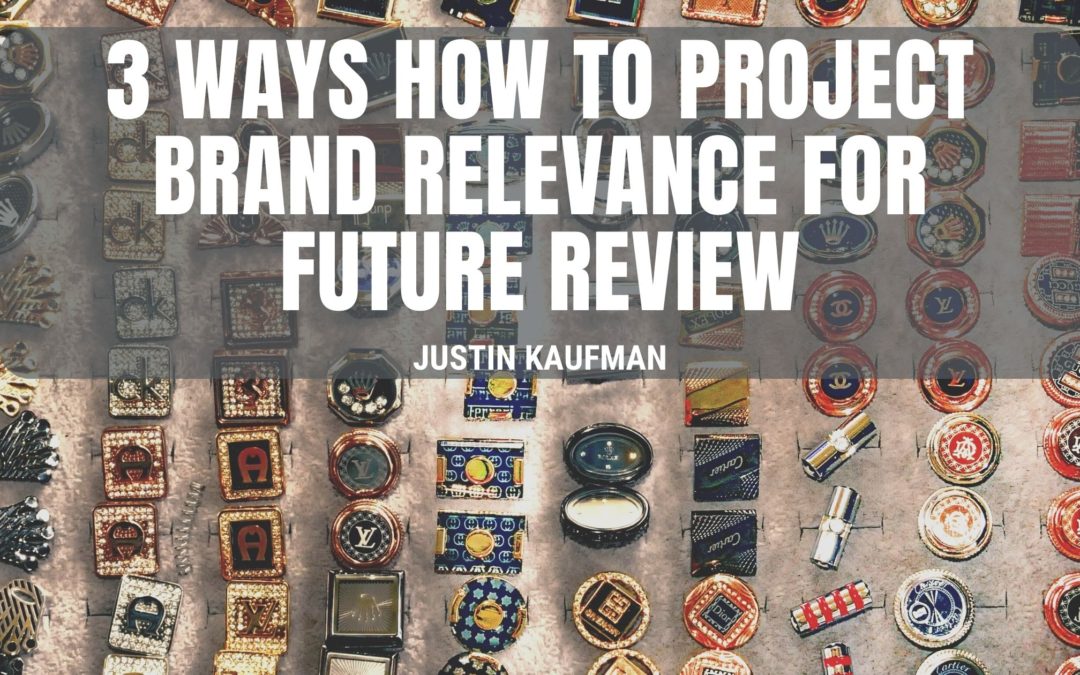Projecting brand relevance is a critical component of any marketing strategy. And while it’s essential to have your finger on the pulse of what’s happening now, it’s also necessary that you’re thinking about the future. What are consumers going to be interested in? How will they react to new trends? These are just some of the questions you need answers for if you want your brand to succeed in today’s changing marketplace. To help with this process, here are three ways brands can project their relevance for the future.
- By being open to change
The first step is to be open to change. This means being willing to adapt your brand to meet the needs of consumers, even if it means making some significant changes. For example, if a new trend emerges that’s significantly different from what you’re currently offering, you need to be willing to embrace it. Otherwise, you’ll quickly fall behind your competitors, who are already moving in that direction.
- By diversifying your offerings
The second step is to diversify your offering. This means ensuring that you’re not too reliant on one particular product or service because if it becomes obsolete in the future, then so will you. For example, I’m sure many brands can relate to how their sales plummeted when Google replaced Yahoo as the default search engine. As a result, companies were forced to diversify, and many of them failed because they couldn’t adapt quickly enough.
- By being creative
The third step is to be creative. This means thinking outside the box and coming up with new and innovative ways to reach consumers. For example, some brands have started using social media to connect with customers more personally. Others are using experiential marketing to create unique brand interactions. The key is to find what works best for your business and start from there.
Conclusion
The bottom line is that projecting your brand relevance into the future is an ongoing process, and it all starts with understanding what consumers want. Your job as a marketer is to anticipate these wants and needs and then respond accordingly. However, if you want to succeed, you need to use all of your resources which means having diverse offerings and being open to change. So, get out there and start planning for the future.

